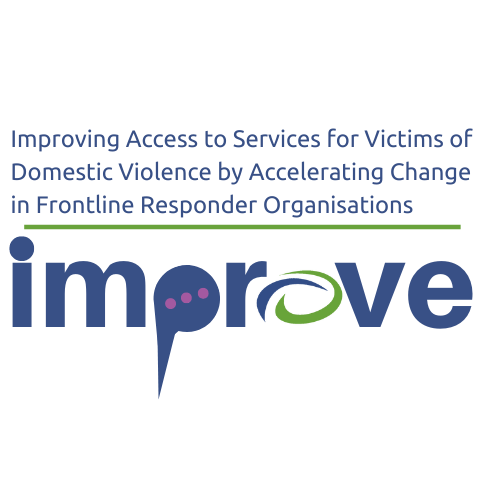Sandra González Cabezas, Askabide
Could you please tell us a bit about yourself?
I am a social educator at Asociación Askabide, a non-profit and independent organization based in the Basque Country, Spain. I hold a degree in Translation and Interpreting and am currently pursuing a Master’s degree in Social Work, Welfare State, and Social Intervention Methodologies.
My background in gender equality and in sex and emotional education, together with my professional experience, shape my main interests as well as my commitment to supporting women through an intersectional approach.
Could you describe your role in the IMPROVE project?
In the IMPROVE project, I represent the 40-year trajectory of Asociación Askabide in working with migrant women in contexts of prostitution and social exclusion. Our contribution to the project is grounded in a deep understanding of this reality and a strong commitment to making it visible.
Although our responsibilities within the project are diverse, our commitment is to ensure that their voices are heard and their needs fully respected. This involves a continuous learning process based on their experiences, which enriches us as professionals and provides us with essential tools to identify the areas in which we need to IMPROVE, across all sectors, in our work and support of these women.
What is one thing you believe is often misunderstood about the issue of domestic violence, and how does IMPROVE address it?
The profound impact of domestic violence on the person experiencing it, as well as on their families and social environment, is often not fully understood. The difficulty in recognizing oneself as a victim hinders access to available resources, which is why coordinated, network-based work is essential. Violence is limiting and brings with it deep suffering. As a society, we must learn to offer support, respect individual processes and timing, and provide safe spaces.
Within the IMPROVE project, testimonies from women who have survived domestic violence have been collected. These are stories they have generously shared with the aim of raising awareness and in the hope that, by revisiting their experiences and the pain they have endured, they may help others and contribute to meaningful action being taken.
"Although our responsibilities within the project are diverse, our commitment is to ensure that [migrant women’s] voices and needs are fully respected."
"Violence is limiting and brings with it deep suffering. As a society, we must learn to offer support, respect individual processes and timing, and provide safe spaces.”
"Within the IMPROVE project, testimonies from women who have survived domestic violence have been collected […], they may help others and contribute to meaningful action being taken. "


